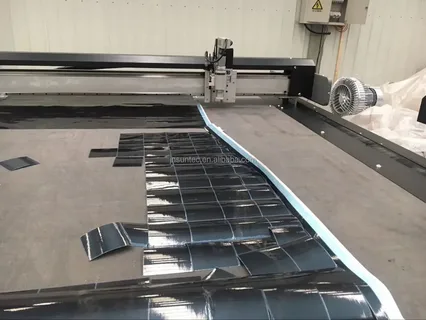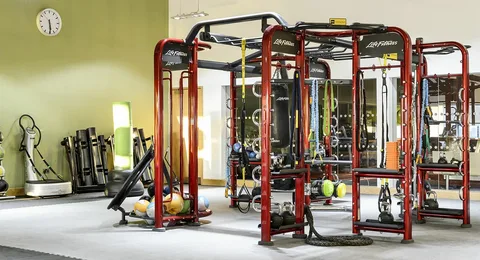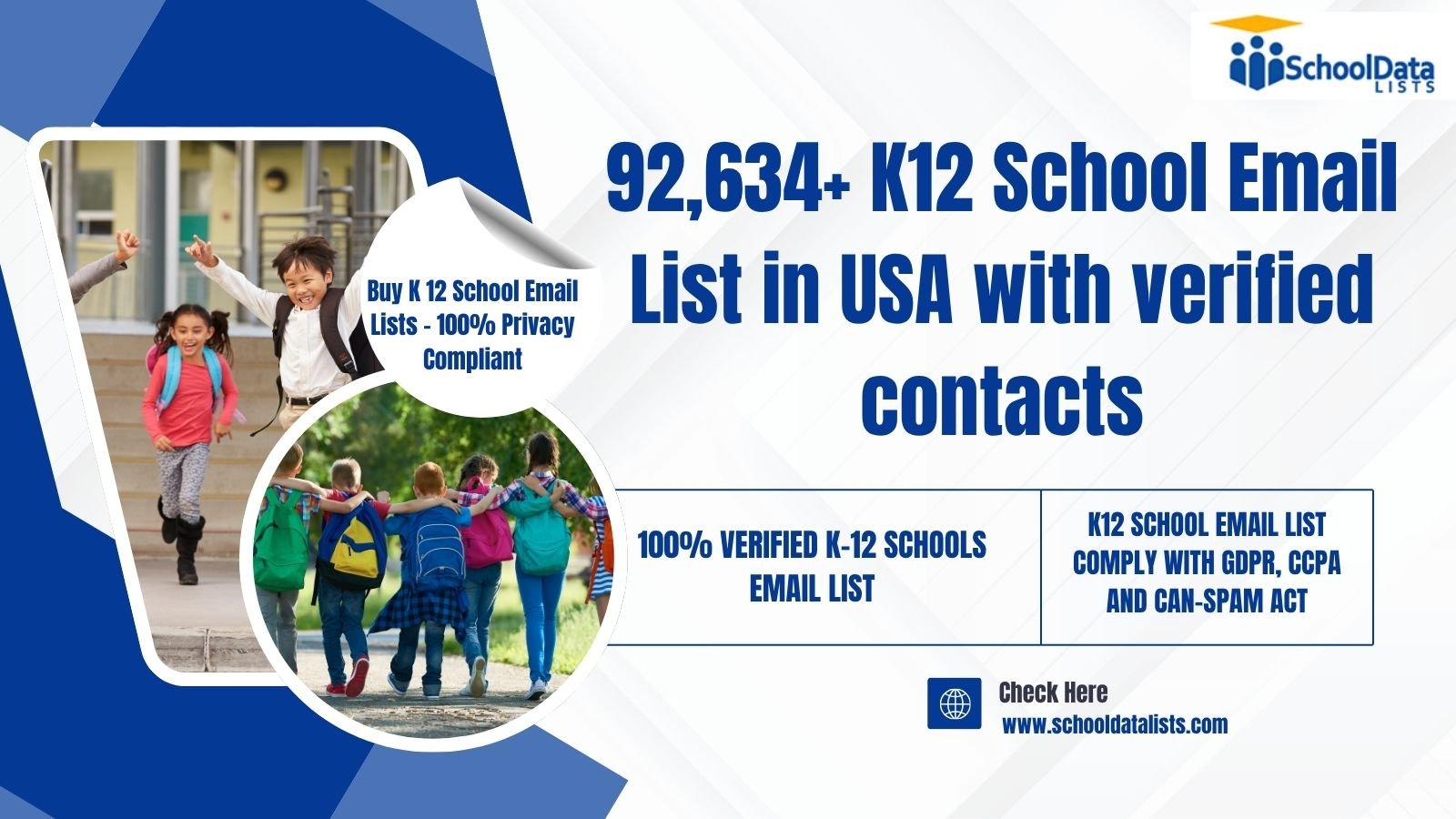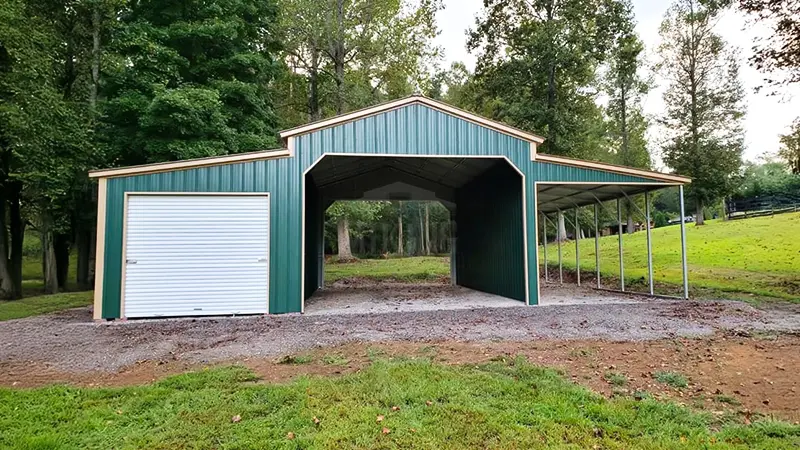Australia is a top destination for families looking to reunite and build a future together. Known for its high quality of life, excellent healthcare system, and strong economy, Australia provides an attractive environment for families seeking stability and prosperity. The family visa Australia program offers several pathways for bringing loved ones to the country, ensuring that families can live together and support one another while enjoying the benefits of Australian residency. Whether you want to sponsor your spouse, child, or parent, understanding the right visa option is crucial for a successful application. Each visa category has specific eligibility requirements, processing times, and financial obligations that applicants must meet.
The application process for a family visa can often be complex and time-consuming, requiring meticulous documentation and adherence to strict legal requirements. Any errors or omissions can result in delays or even rejection. Therefore, working with the best migration agent Australia has to offer can also improve your chances of approval. An experienced migration agent can provide valuable guidance, ensuring that all paperwork is correctly completed and submitted on time while also offering expert advice on navigating the ever-evolving immigration policies. With their assistance, families can streamline the visa process and maximize their chances of a positive outcome.
Types of Family Visas in Australia
1. Partner Visas (Subclass 820/801 & 309/100)
If you are in a committed relationship with an Australian citizen, permanent resident, or eligible New Zealand citizen, you may be eligible for a partner visa. This visa allows your spouse or de facto partner to live, work, and study in Australia.
Key Points:
- Initially granted as a temporary visa (Subclass 820 or 309)
- Leads to permanent residency (Subclass 801 or 100)
- Requires evidence of a genuine relationship
- Processing times vary based on individual circumstances
- Proof of financial commitment and shared responsibilities is essential
2. Parent Visas (Subclass 103, 143, 173, 804, 864, 884)
Parents of Australian citizens or permanent residents can apply for parent visas to join their children in Australia. There are two main types:
- Contributory Parent Visas (Subclass 143 & 173): Faster processing but higher fees
- Non-Contributory Parent Visas (Subclass 103 & 804): Lower cost but long waiting times
Key Considerations:
- The sponsor (child) must be an Australian citizen, PR holder, or eligible NZ citizen
- There may be financial requirements for the sponsor
- Processing times for non-contributory visas can exceed a decade
3. Child Visas (Subclass 101 & 802)
These visas allow biological, adopted, or stepchildren of Australian citizens or permanent residents to migrate to Australia.
Key Points:
- Available for children under 18 years old (or full-time students under 25)
- Can lead to permanent residency
- The sponsor must be the child’s parent or legal guardian
- The child must be single and dependent on the sponsor
4. Other Family Visas
- Aged Dependent Relative Visa (Subclass 114 & 838): For elderly relatives financially dependent on an Australian sponsor.
- Carer Visa (Subclass 116 & 836): For relatives providing long-term care to an Australian resident.
- Remaining Relative Visa (Subclass 115 & 835): For those with no close family members outside Australia.
How to Choose the Right Family Visa
Selecting the right visa depends on several factors, including your relationship with the sponsor, financial capacity, and urgency. Consulting the best migration agent in Australia can help you navigate complex eligibility criteria and improve your chances of a smooth application process.
Key Factors to Consider:
- Processing Time: Some visas take years to process, so planning ahead is crucial.
- Financial Costs: Contributory parent visas are expensive but have shorter processing times.
- Eligibility Criteria: Each visa has strict requirements regarding relationships and dependencies.
- Sponsorship Obligations: The sponsor must be willing to take financial responsibility for the applicant in some cases.
Common Challenges & How to Overcome Them
Many applicants face difficulties such as long processing times, incomplete documentation, or changes in visa policies. To avoid these issues:
- Ensure all required documents are correctly prepared and submitted.
- Stay updated on policy changes from the Department of Home Affairs.
- Seek professional assistance from a registered migration agent.
- Provide clear and genuine evidence of relationships and sponsorship.
- Be patient and prepare for possible delays in processing.
Why Work with a Migration Agent?
The Australian immigration system is complex, and visa applications require meticulous attention to detail. Partnering with the best migration agent in Australia can significantly improve your chances of approval. A registered agent can:
- Assess your eligibility and suggest the best visa option.
- Helped with documentation and ensured compliance with immigration laws.
- Provide guidance on appeals or resubmissions if needed.
Recent Changes to Family Visa Policies in 2025
As Australian immigration laws frequently evolve, staying informed about recent updates is vital. Some key changes to family visas in 2025 include:
- Stricter financial requirements for parent visa sponsors.
- Faster processing times for partner visas with complete documentation.
- Enhanced digital application tracking for better transparency.
- Increased scrutiny on fraudulent applications to ensure authenticity.
Final Thoughts
Understanding family visa Australia options is essential for those wishing to reunite with their loved ones. With the right knowledge and expert guidance, your journey to Australia can be smoother and more successful. If you need assistance, consider consulting the best migration agent Australia to guide you through the process.













Leave a Reply